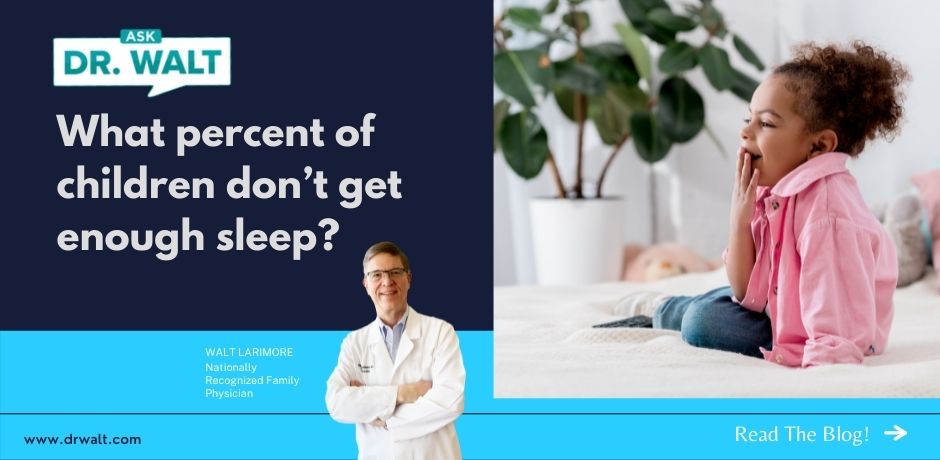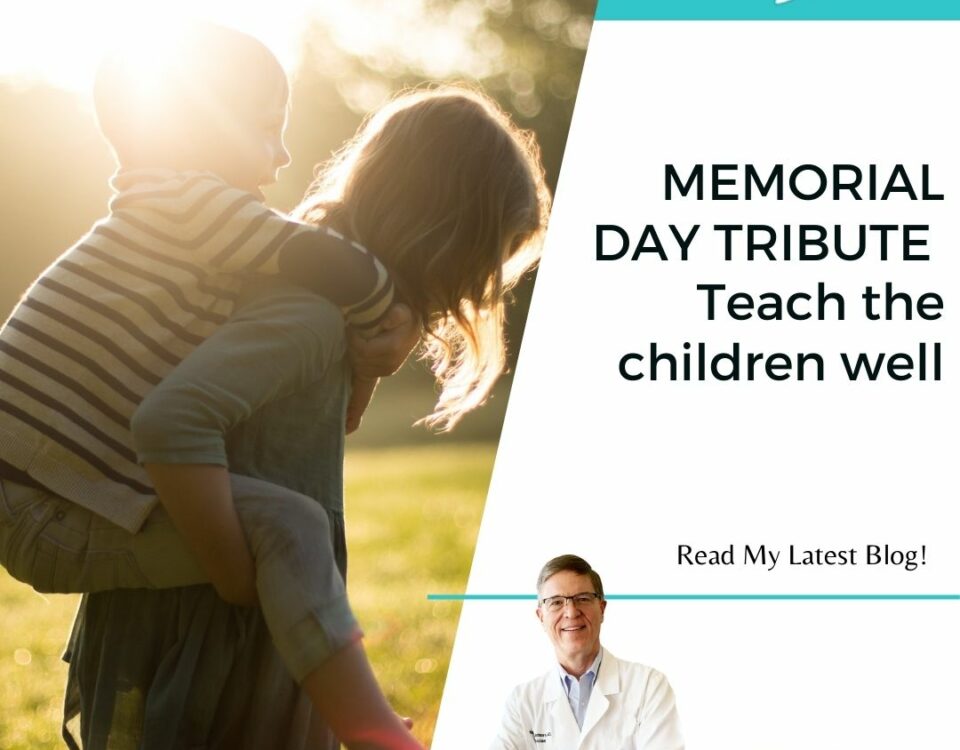
Is acetaminophen during pregnancy now considered risky?
October 25, 2021
What is the new alarm about fake pain pills and fatalities?
October 27, 2021New research reports that about 35 percent of children aged 4 months to 17 years sleep less than recommended for their age. based on parental reporting.
A higher prevalence of short sleep duration was seen for those in Southeastern states and among racial- and ethnic-minority groups, persons with low socioeconomic status, and those with special health care needs.
Infants, children, and adolescents who do not get sufficient sleep are at increased risk for several adverse health outcomes including:
- injuries,
- obesity,
- type 2 diabetes,
- poor mental health,
- attention and behavior problems, and
- poor cognitive development.
In the past, it was believed that adolescents were the group at most risk for sleeping less than the recommended amount.
Less was known about sleep duration in infants and children.
It turns out, this new study found that the prevalence of short sleep duration decreased with age from infancy, where about 40 percent of the kids didn’t get enough sleep up to adolescence where just over 30 percent didn’t.
What increases the odds of a good night’s sleep for children?
The likelihood of getting enough sleep was increased for children with a regular bedtime and a regular bedtime routine.
The research was published in the CDC’s Morbidity and Mortality Weekly Report.
© Copyright WLL, INC. 2021. This blog provides a wide variety of general health information only and is not intended to be a substitute for professional medical advice, diagnosis, or treatment from your regular physician. If you are concerned about your health, take what you learn from this blog and meet with your personal doctor to discuss your concerns.




